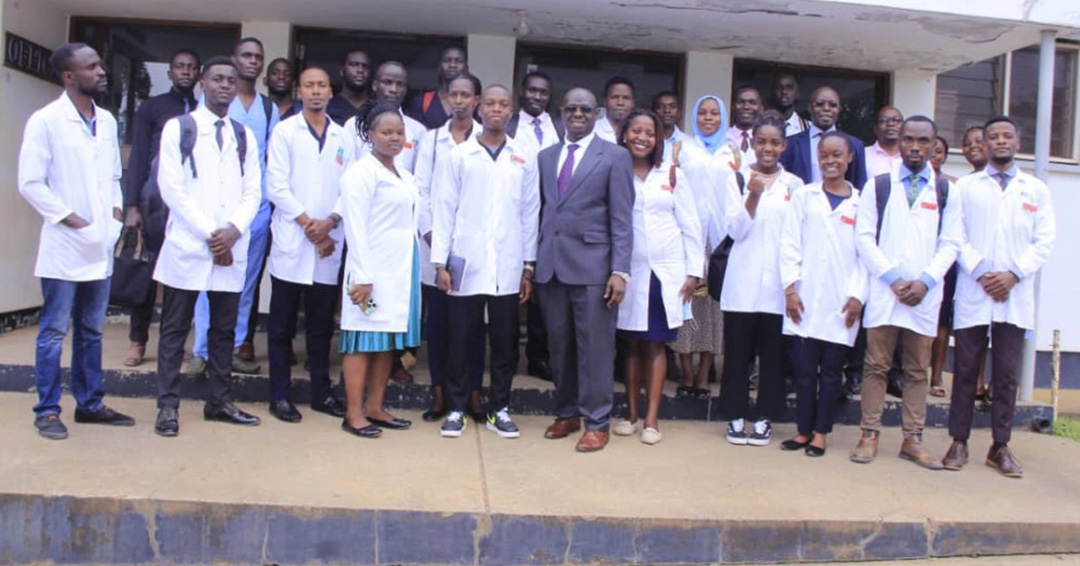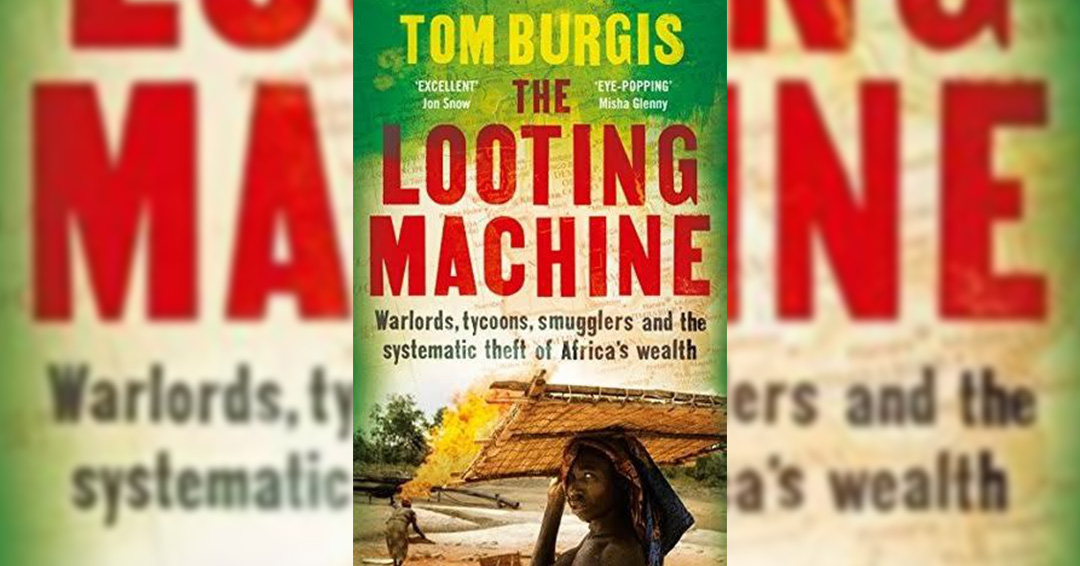
Sep
KIU Teaching Hospital Strengthens Partnership With Kitagata General Hospital
September 5, 2024, 9:40 am
 Administrator
Administrator

By Rogers Wanambwa
KIU Main Campus - Have you ever wondered why
countries, especially African countries with so much resource wealth, continue
to feature on the poorest countries list? Well that is what Financial Times'
correspondent, Tom Burgis, reveals in this captivating book, c��?The Looting
Machine: Warlords, tycoons, smugglers and the systematic theft of Africa's wealth.c⬝
Burgis tackles what has come to be known as c��?the resource
cursec⬝ in great detail using well researched examples, and he shows how these countries
have been exploited at the expense of their nationals.
From the oil-rich Angola and Nigeria, to the mineral rich
Democratic Republic of Congo (formerly known as Zaire), to the deals that happen
in Israel, and even as far as China.
He is relentless on his evidence gathering following the money
trails and showing how the layman is never considered in this cycle.
Perhaps, to show how grave the situation has become, Burgis
tells that c��?When the International Monetary Fund examined Angolac��?cs national
accounts in 2011, it found that between 2007 and 2010, $32 billion had gone
missing, a sum greater than the gross domestic product of each of forty-three
African countries and equivalent to one in every four dollars that the Angolan
economy generates annually. Most of the missing money could be traced to off-the-books
spending by Sonangol; $4.2 billion was completely unaccounted for.c⬝
Along the way, Burgis explains that all this is so because,
c��?that looting machine has been modernized. Where once treaties signed at
gunpoint dispossessed Africac��?cs inhabitants of their land, gold, and diamonds,
today phalanxes of lawyers representing oil and mineral companies with annual
revenues in the hundreds of billions of dollars impose miserly terms on African
governments and employ tax dodges to bleed profit from destitute nations. They
are aligned to no nation and belong instead to the transnational elites that
have flourished in the era of globalization. Above all, they serve their own
enrichment.c⬝
Kampala International University,
Box 20000, Ggaba Road, Kansanga, Kampala
+256-760 502660
+256-700 100808